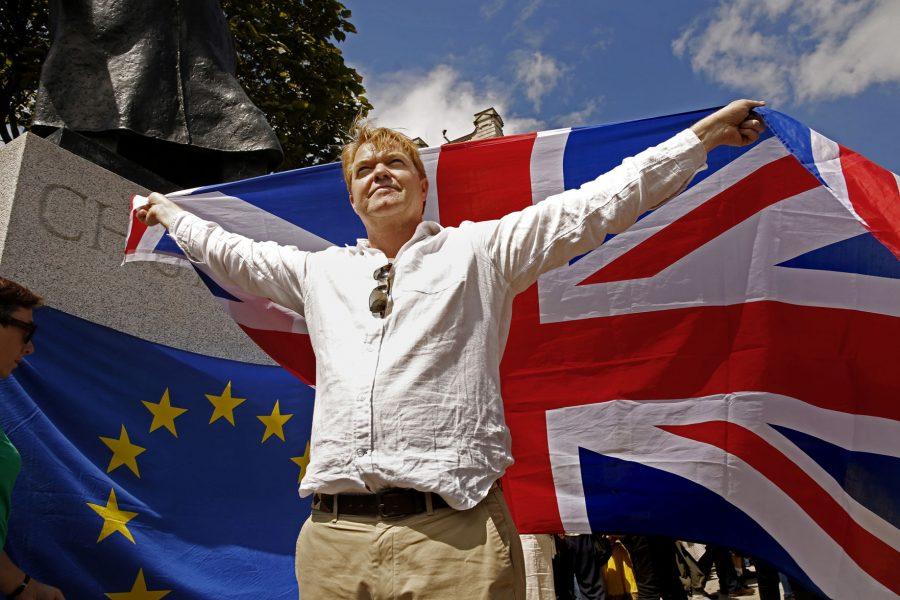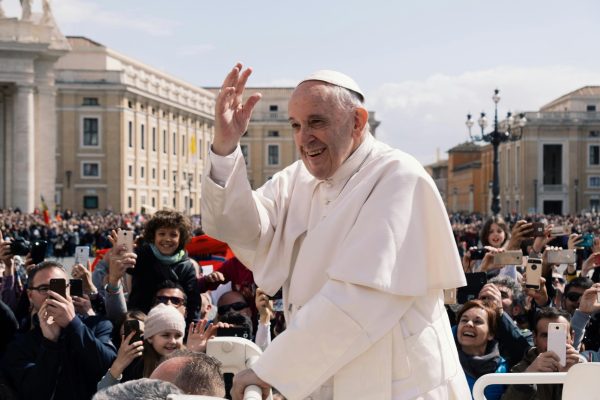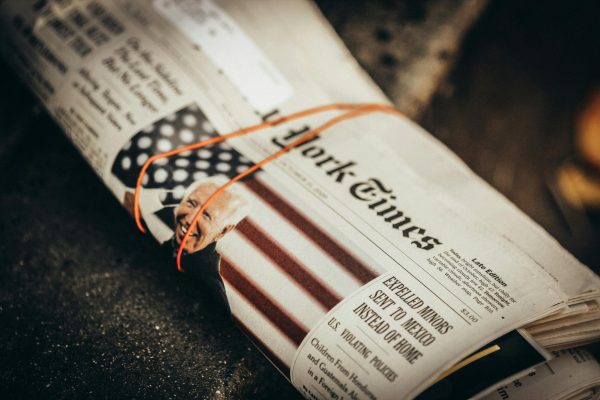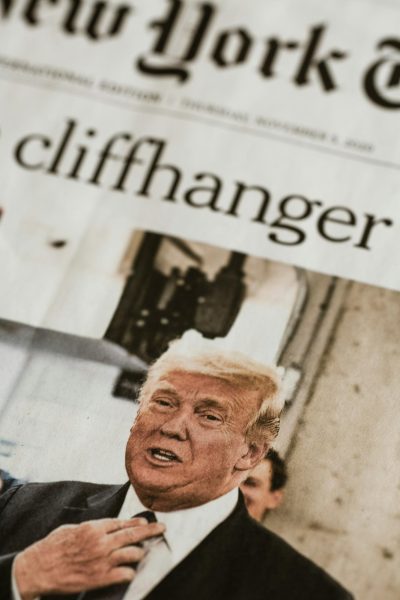Britain’s future still uncertain after Brexit: An update on Britain’s exit from the EU
Charles Perry of London joins more than 20,000 people gathering to protest against Great Britain leaving the European Union on Saturday, July 2, 2016, in central London, where marchers made their way to Parliament Square. (Carolyn Cole/Los Angeles Times/TNS)
Britain left the European Union (EU) after a referendum vote on June 23. A tally of the polls revealed a near dead-even split with 52 percent wanting to leave and 48 percent wanting to stay. The vote left many perplexed, and now, over two months later, many are still perplexed by the issue at large.
During the election season of 2013, the UK Populist Party, founded on their strong principles of nationalism, gained recognition and support, which, according to The Washington Post, threatened the reelection of Prime Minister David Cameron.
Hoping to unite his conservative party and give power to the people, Cameron promised a vote on the desire to stay or leave the EU. With a set date in late June, the British people began to form arguments for and against an unprecedented question back in 2015.
According to The Atlantic, a look at the demographics revealed an overwhelming majority of Brexit supporters are middle-aged, uneducated, white adults. The knowledge and personal experience of their country’s history persuaded many to vote “leave.”
Robert Smith, journalist for NPR, covered two ‘Brexiteers,’ Joan Bowles, 72, and Anna Sibley, 89, who recounted a time in the 1970s when Britain had recently joined the European Economic Community, the early stages of the EU, with great hopes of the future.
Many regulations and a recession soon followed, and most held the EEC responsible. 40 years were spent nearly the same. “We had no power. We still have none with the EU,” Bowles stated.
She highlighted the major principle of Brexiteers: a call to regain independence. They wanted control over the regulations and migration within their country.
On the other side of the issue were the “Euroskeptics,” those that opposed the vote. According to The Atlantic, Euroskeptics are educated young adults. They feared the uncertainty and economic impacts that would arise after the split.
“Ultimately Britain will lose the interaction of funding that has been part of the relationship with the European Union for decades,” said economist James Galbraith when contacted by CBC News.
Galbraith went on to explain that as globalization is synonymous with day-to-day worldly functions, it would be impossible for Britain to thrive without close relationships with EU countries.
Woodford Investment reported that immigration “is currently boosting the workforce by around 0.5 percent a year,” and “63 percent of Britain’s goods exports are linked to European Union membership.”
After the vote, Euroskeptics claimed evidence that they were correct when a 600-point plunge in Dow Jones, and the six percent pound devaluation, marked the immediate impacts, CNN Money reported.
One thing both sides agree on is that major change is on the horizon. Prime Minister David Cameron, who strongly opposed Brexit, resigned from his position after the vote.
“I think the country requires fresh leadership to take it in this direction,” he said
Since his resignation, Theresa May, home secretary to David Cameron, has been appointed Prime Minister.
Britain will begin a two year process of negotiations with the EU to formalize the exit under the Lisbon Treaty next year, BBC News reports. Until this is complete, issues like migration and company trade remain unknown.
On a global scale, Anne Applebaum, a Pulitzer Prize-winning historian, said to CNN, “British weakness is, in some broad sense, not good for anybody.”
The US has experienced small fluctuations in the economy after the vote, but it has since recovered.
Looking ahead, CNN’s Fareed Zakaria mentioned the loss of a British voice in global issues, like the annexation of Crimea from Russia.
Philip Gordon, former U.S. Assistant Secretary of State for European Affairs, expanded on this on Zakaria’s program and said, “[The U.S.] counted on a Britain that had the political capital and focus and time to spend on being a global, like-minded power like us.”
Furthermore, NPR Politics drew on striking similarities between the Brexit issue and the U.S. election.
“There are parallels in these establishment leaders of conservative parties trying to hold things together and not knowing if they have opened up ‘Pandora’s box,’” said Tamara Keith on NPR Politics as she compared Paul Ryan, U.S. Speaker of State, to David Cameron.
Asma Khalid, also a political reporter for NPR, added the joint desire for change among Britons and Americans as Britain votes out of the EU, and some Americans look to an unconventional choice, Donald Trump, for possible U.S. leadership.
The campaign for “leave” may have won, but still nobody knows what is to come.











